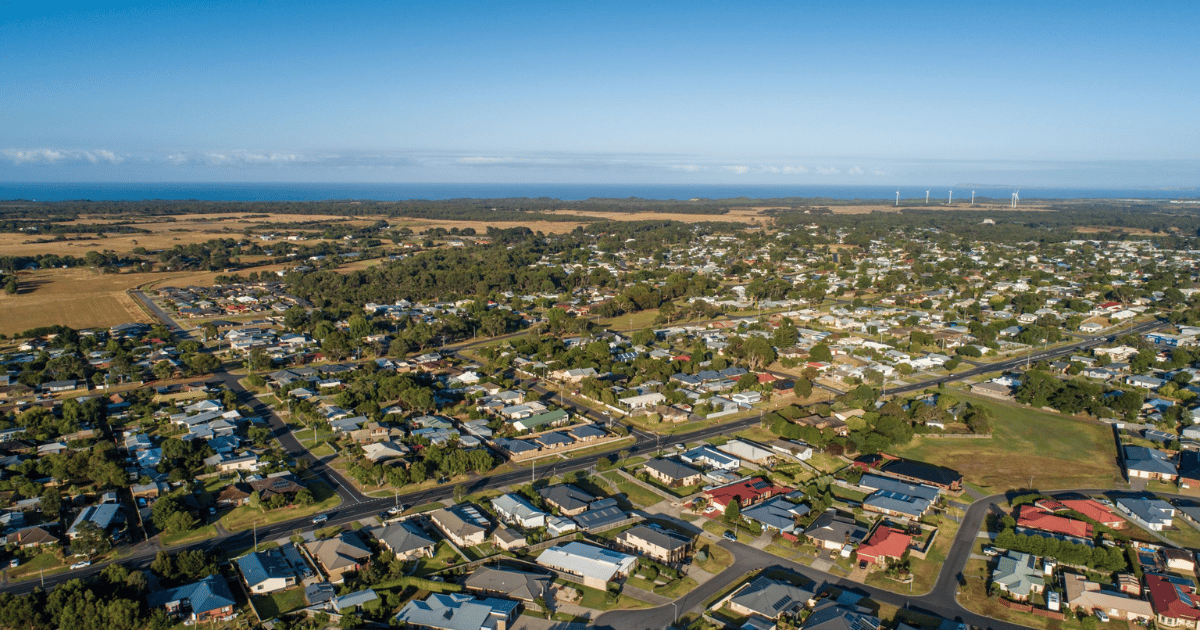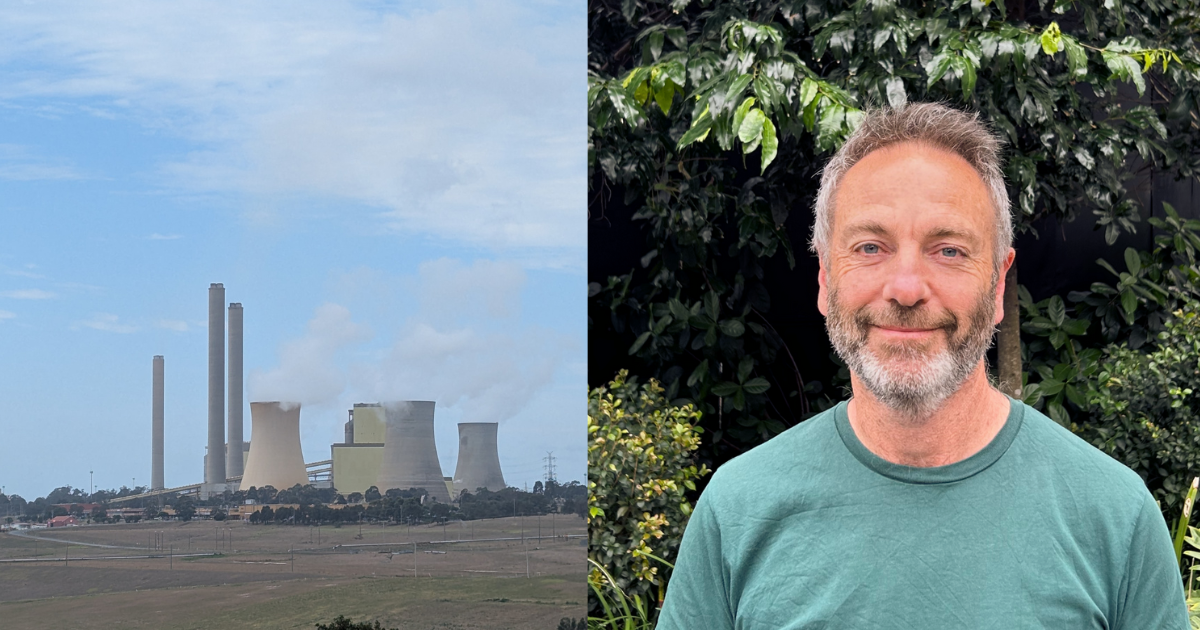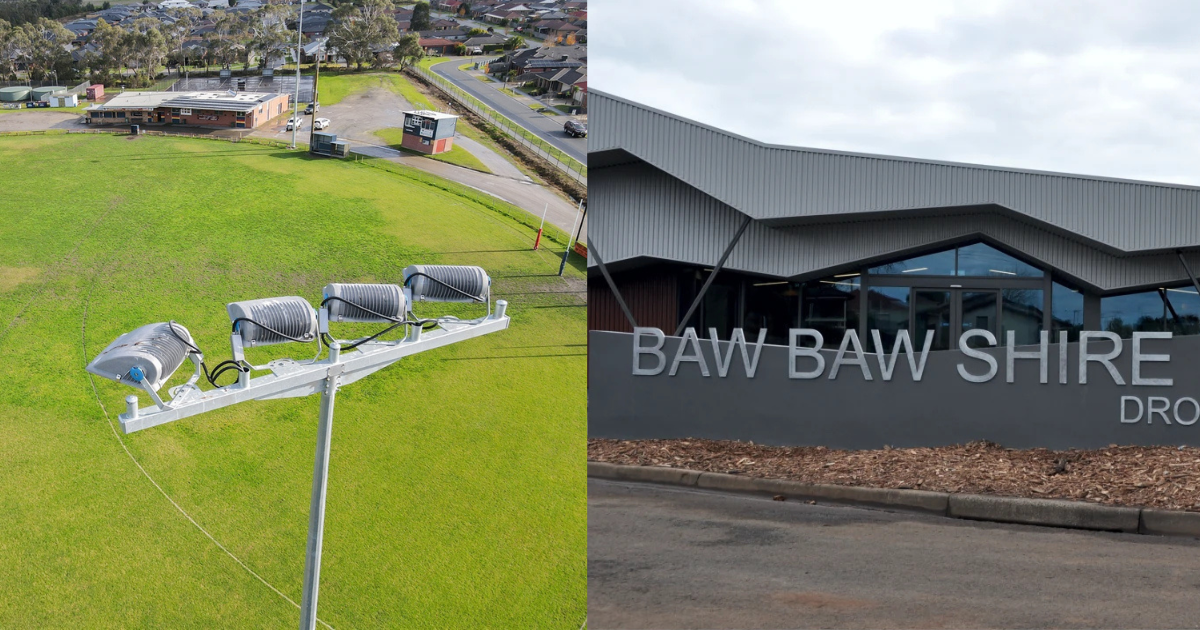Bass Coast Shire forced to approve new builds despite risk of sea level rise and flooding
One councillor warned properties may be "uninsurable and underwater within our lifetimes”.

Bass Coast councillors say they are being forced to approve developments in zones prone to water inundation and sea level rise.
Councillors expressed frustration over their limited power to prevent tree removal and building approvals in flood-prone areas at a council meeting on July 16.
They said state government legislation aimed at increasing housing stock meant they were having to approve developments that may put residential dwellings at risk from sea level rise and flooding.
Councillor Jon Temby said this included approving the removal of native vegetation and buildings in inundation overlay zones.
“While we don’t have a legal responsibility to stop people building in an inundation overlay zone because it’s a state government matter, I feel we do have a moral responsibility.”
Temby told the Gippsland Monitor that “we should at least be informing people about climate change and the projections”.
How high will sea levels rise?
The Victorian government website for coastal hazard planning advises residents that there will be a sea level rise of not less than 0.8 metres by 2100.
A CSIRO report published in November 2024 predicts that sea level rise in Victoria by 2120 could be between 0.89 and 1.5 metres.
"It's a gut wrenching issue for those people who already have a house there,” said Temby. “Particularly if it's their only asset. It's a terrible position to be in because they can't sell their assets and if it gets to the point where they can't live in it, they're in real strife.”
What can local councils do?
Councillor Mat Morgan told the Gippsland Monitor if Bass Coast Shire wants to deny a planning application there needs to be a contravention with the state government's planning scheme.
“Which is all well and good,” said Morgan. “Except there is nothing in the planning scheme that’ll stop developments removing vegetation or building in areas that are going to be inundated in the very near future.”
Councillor Tim O’Brien told the meeting he was surprised at how little power councillors have in such matters, and that they were “caught in a bind with the state government planning policy which favours more residences”.
O’Brien was particularly concerned about Silverleaves on Phillip Island. Three development applications for that suburb were approved at the July 16 council meeting. O’Brien asked: “Would a sensible person approve a construction in Silverleaves, which is subject to inundation?”
Morgan warned that developments in legislated inundation zones will become "uninsurable and underwater within our lifetimes”, and claimed the state government was “dramatically underestimating the amount of sea level rise that we are going to experience in the coming decades”.
The Gippsland Monitor sought comment from Minister for Planning Sonya Kilkenny, but did not receive a response prior to publication.

